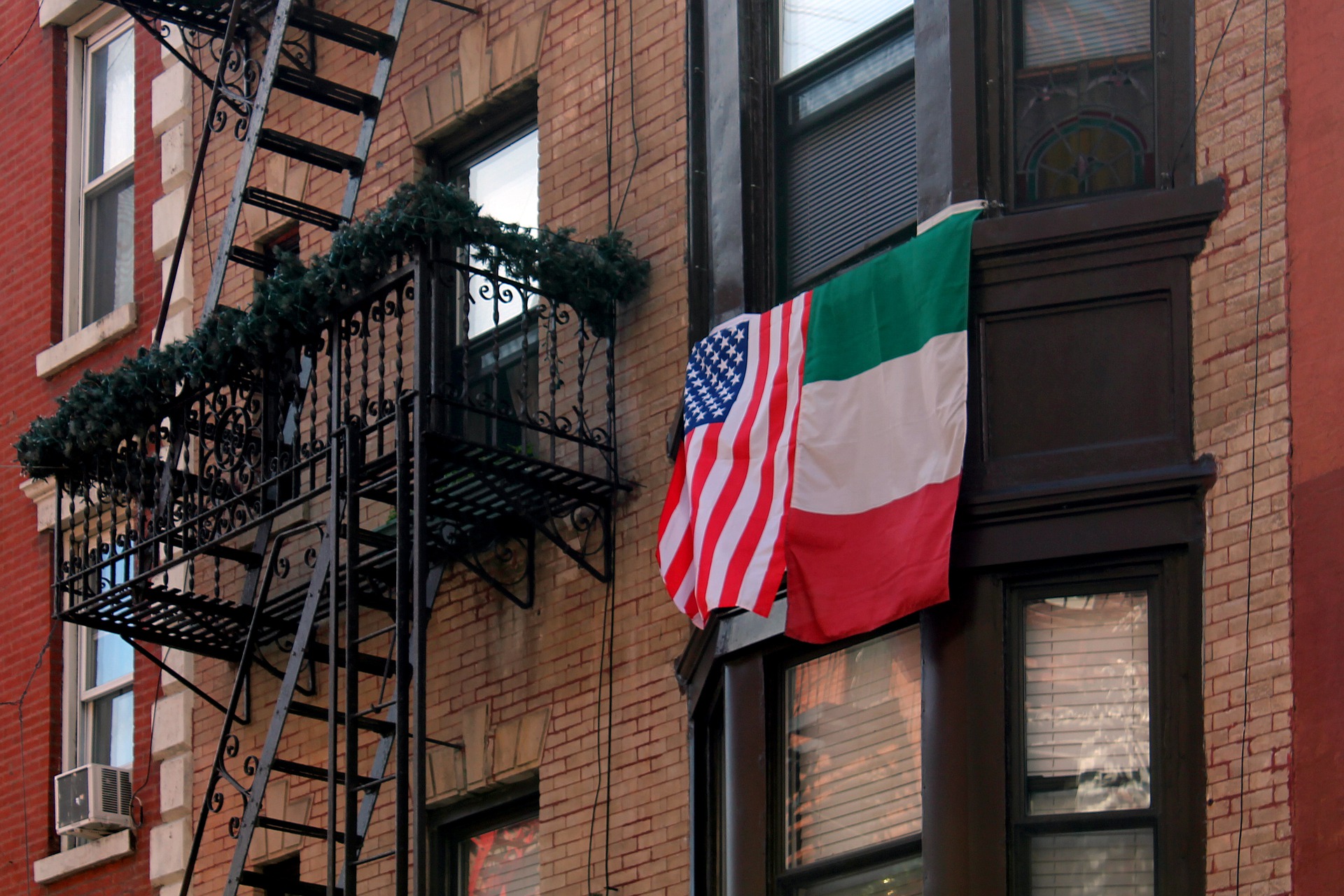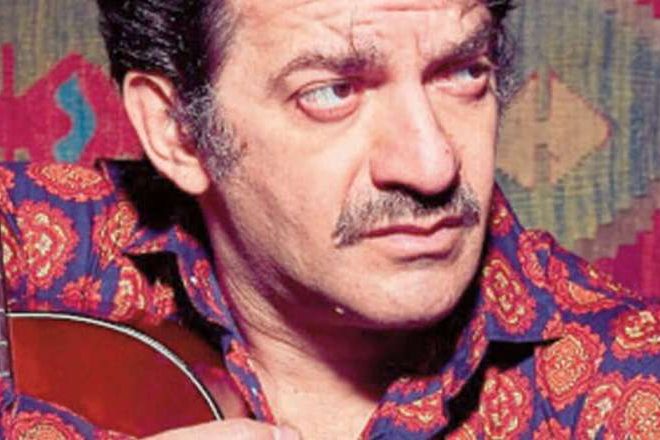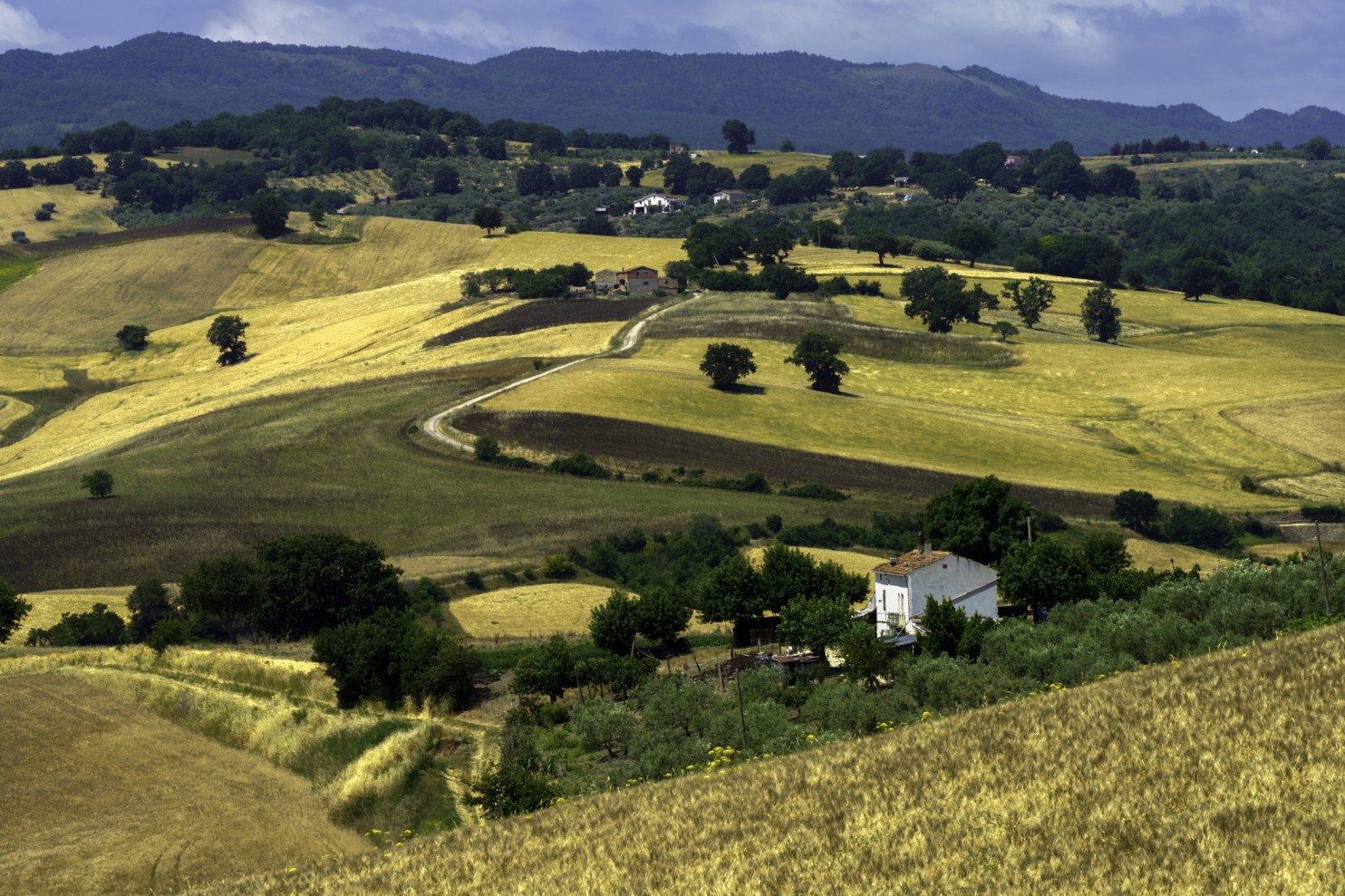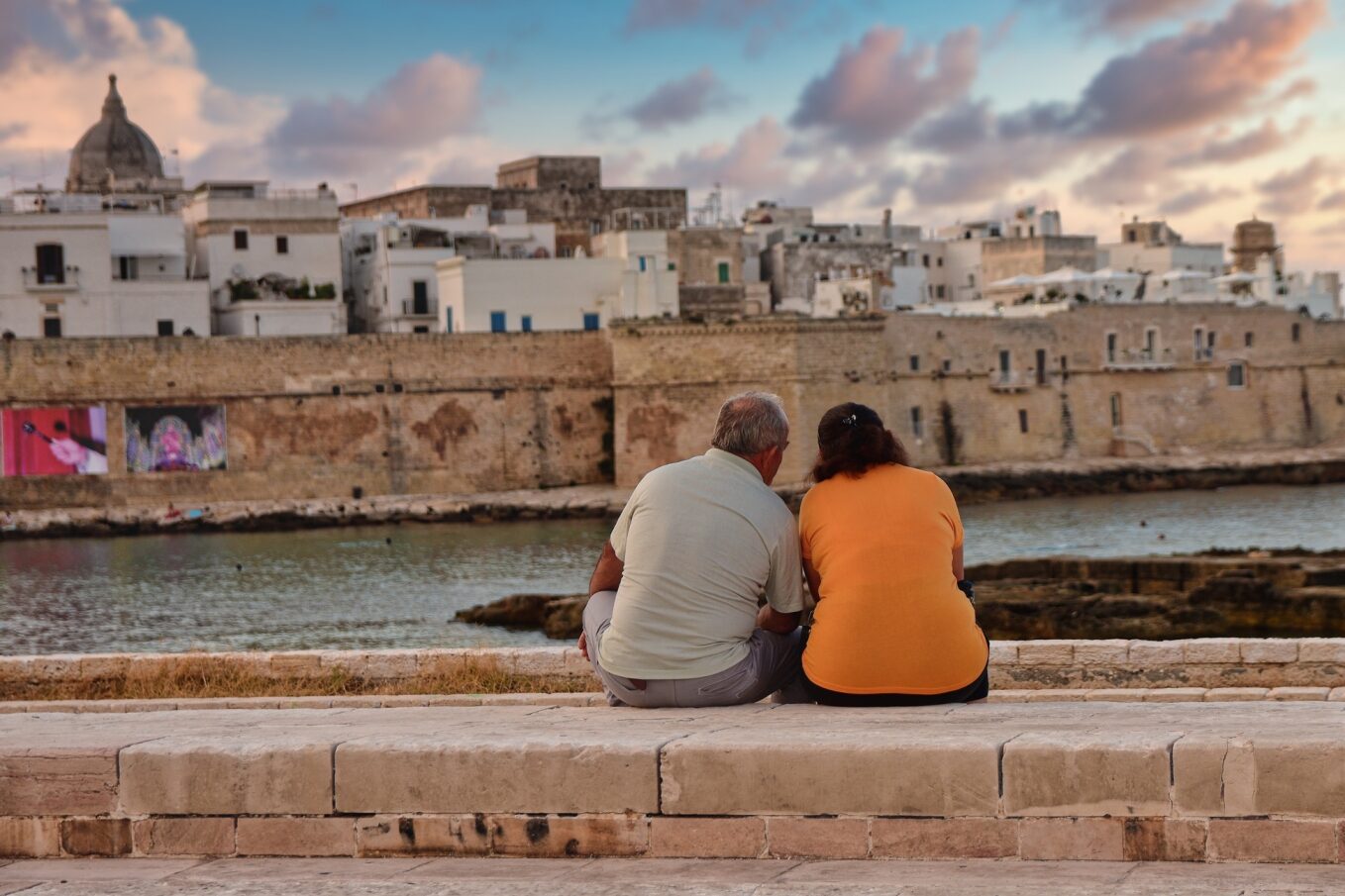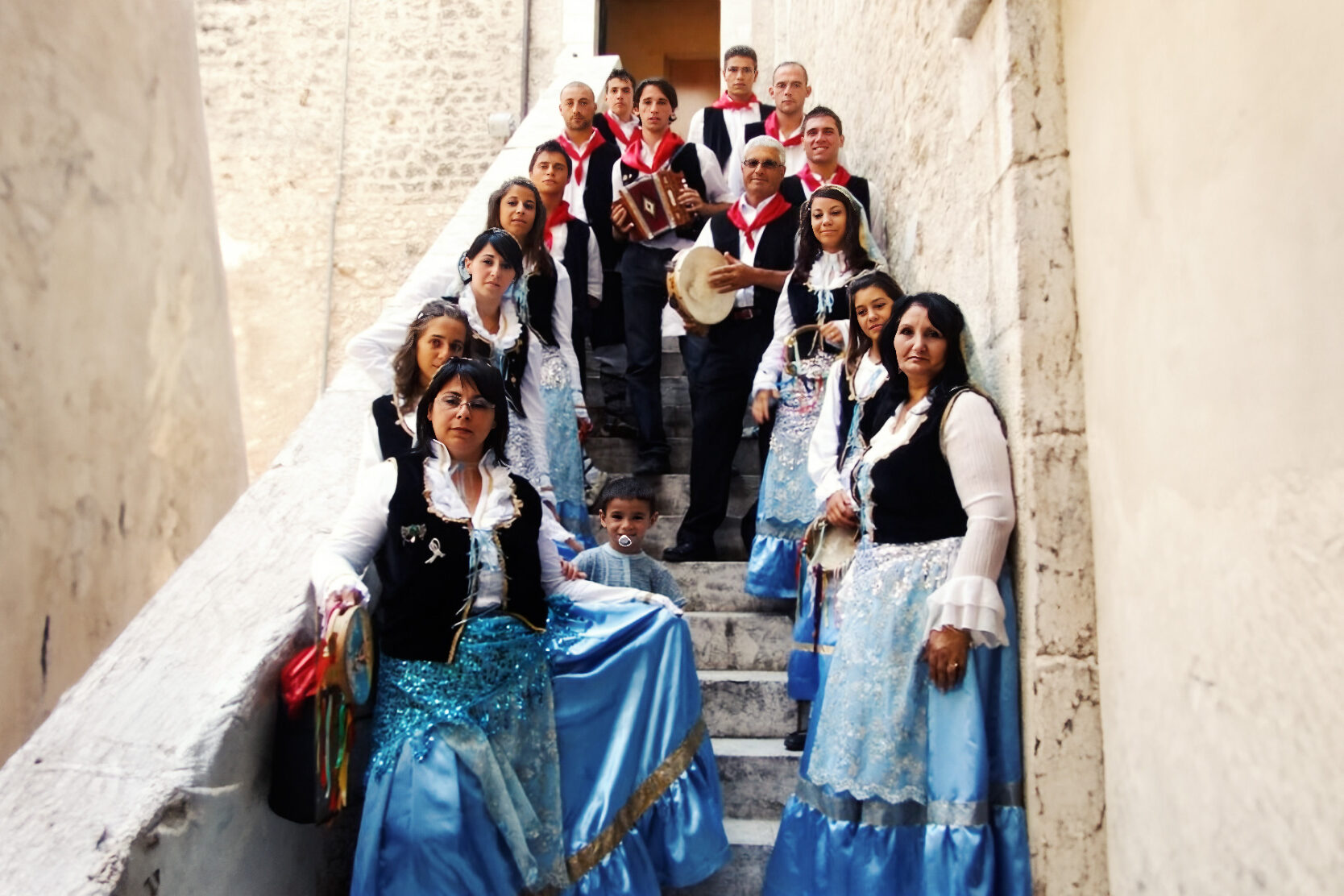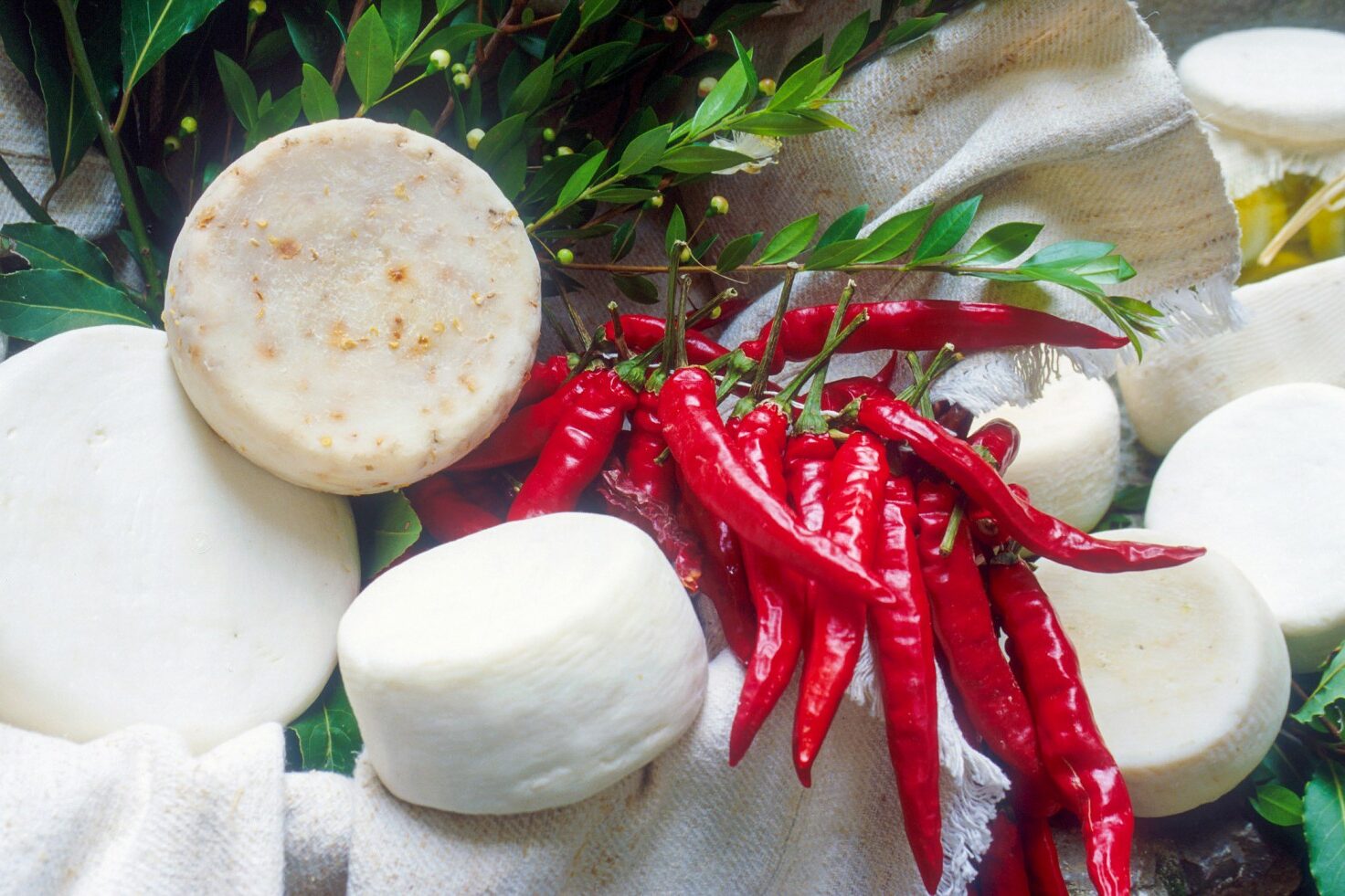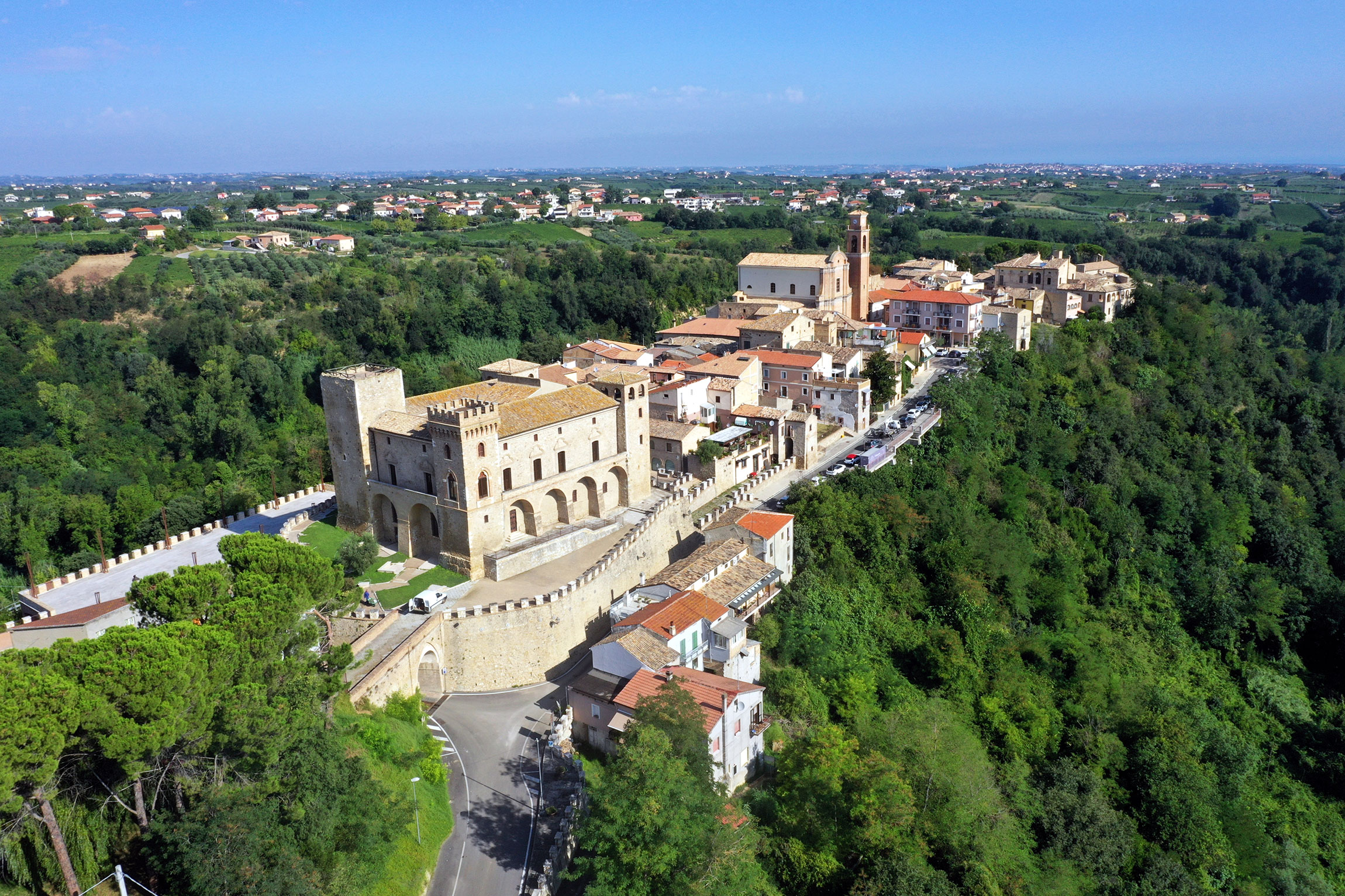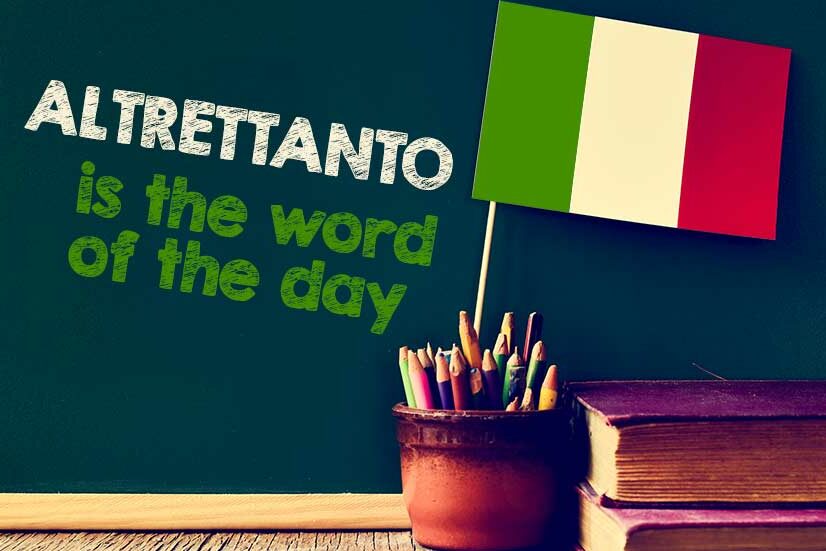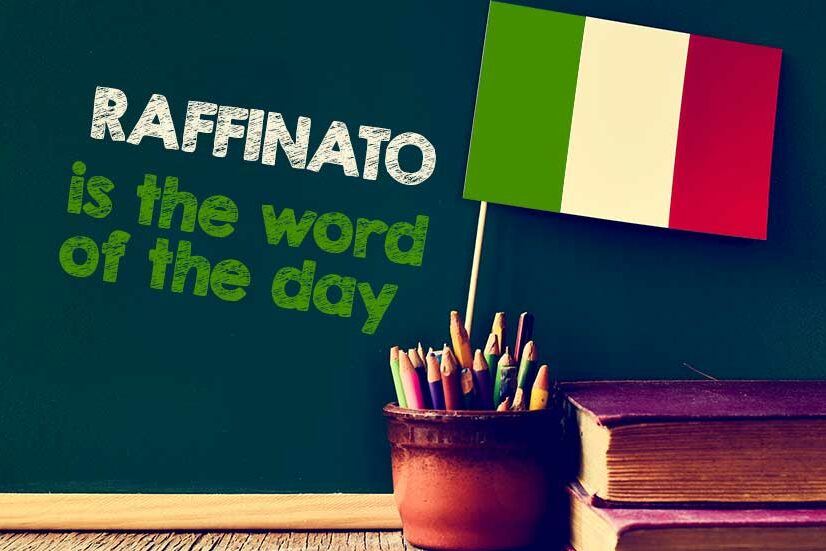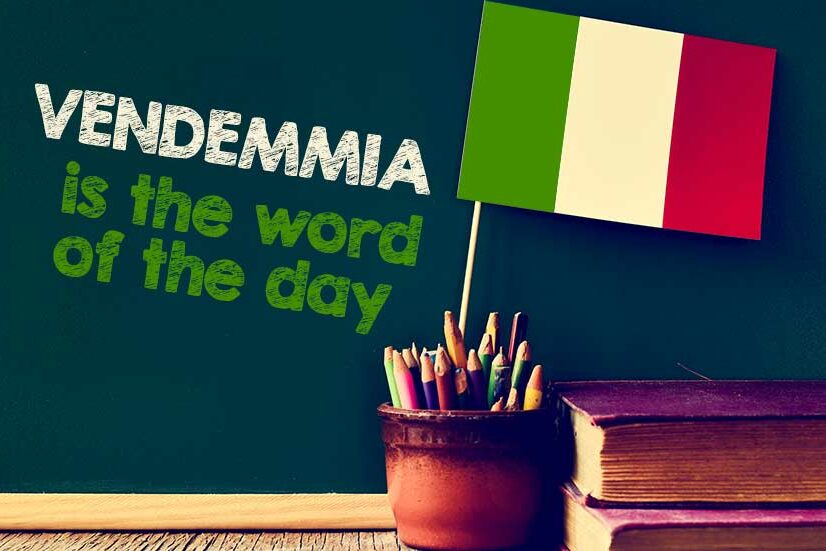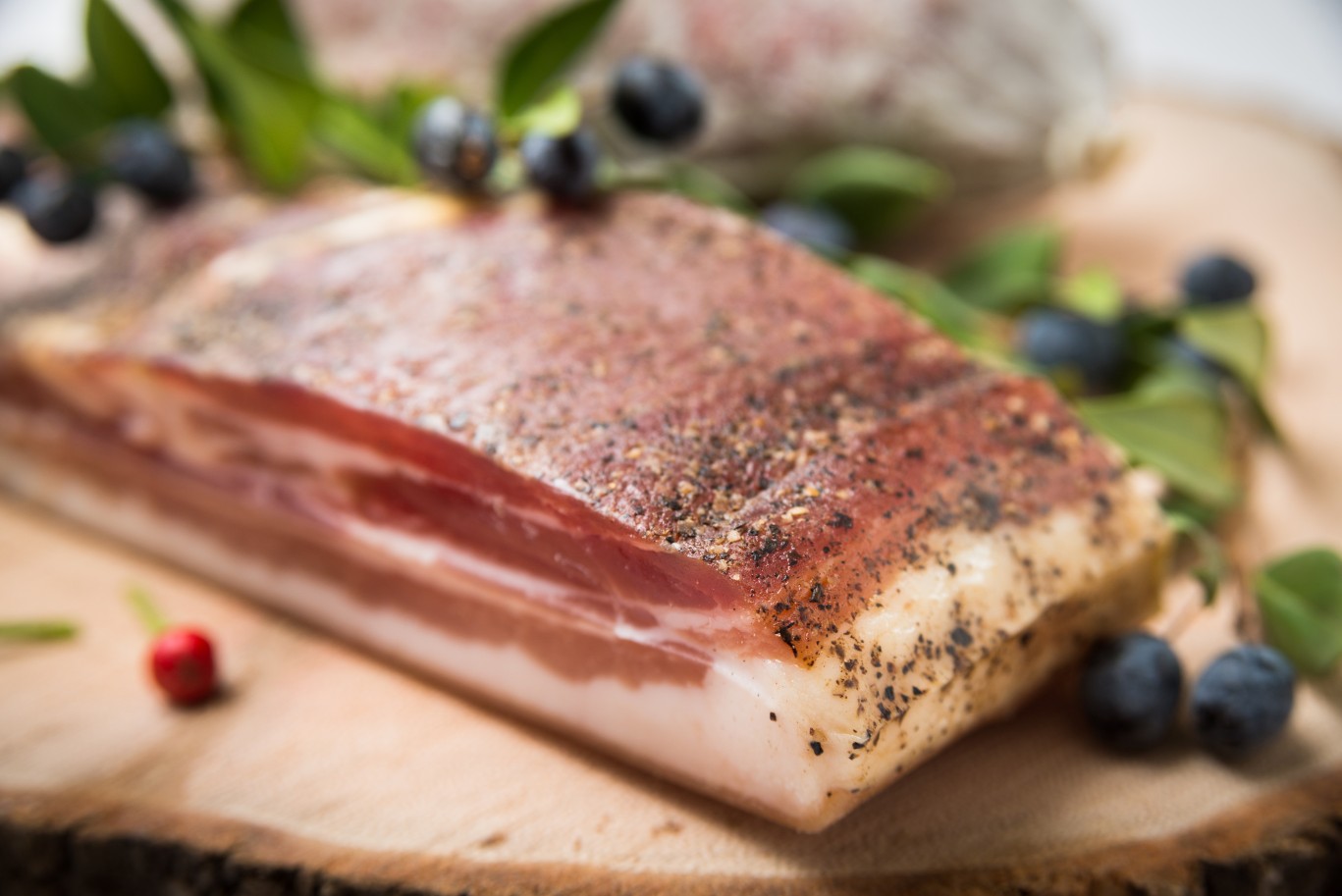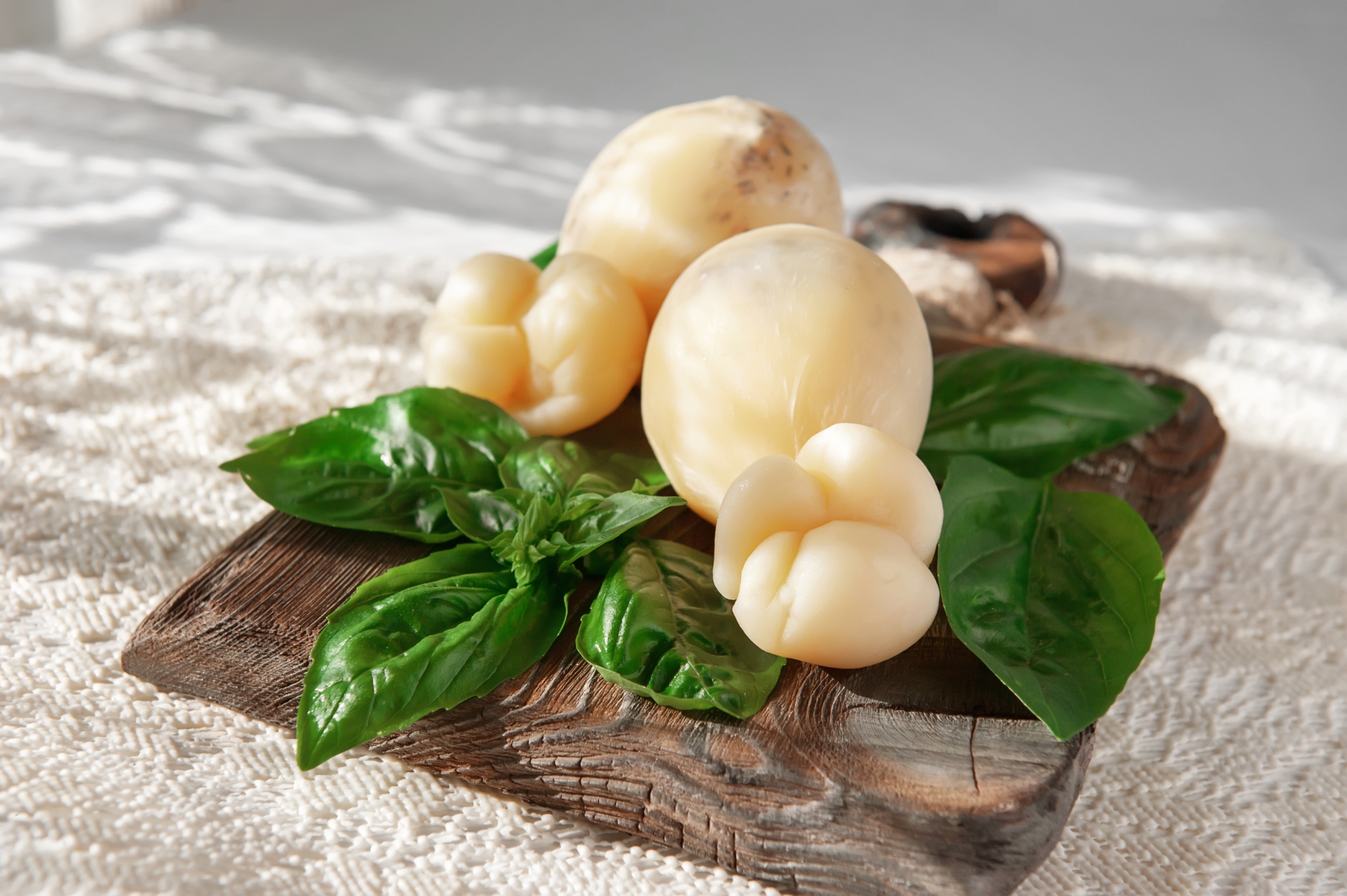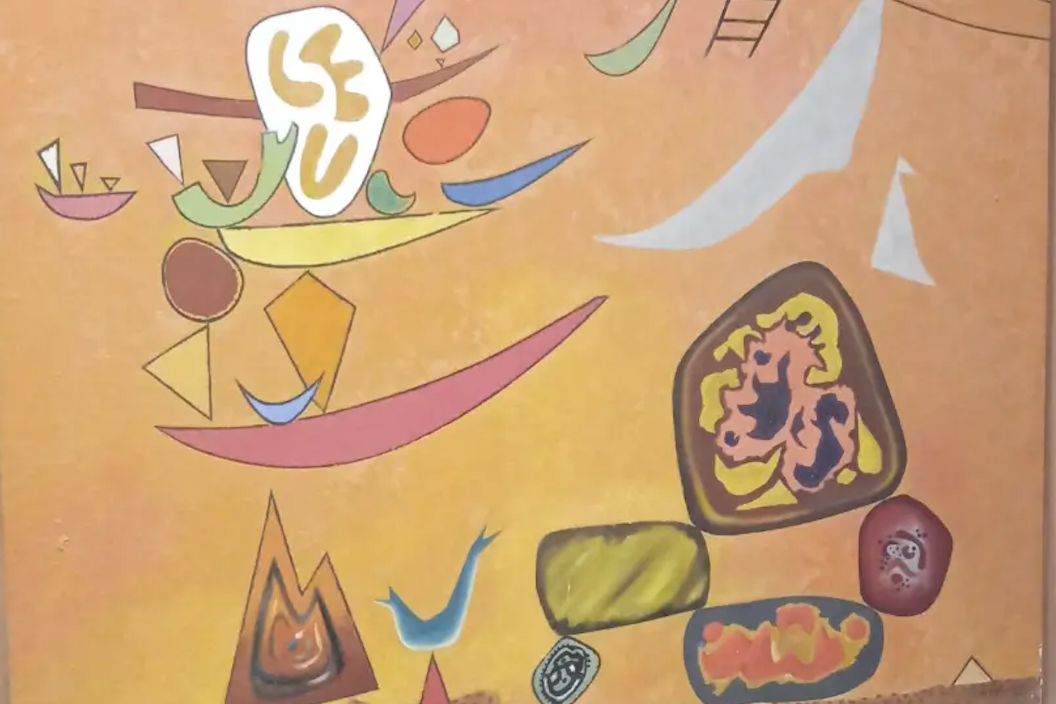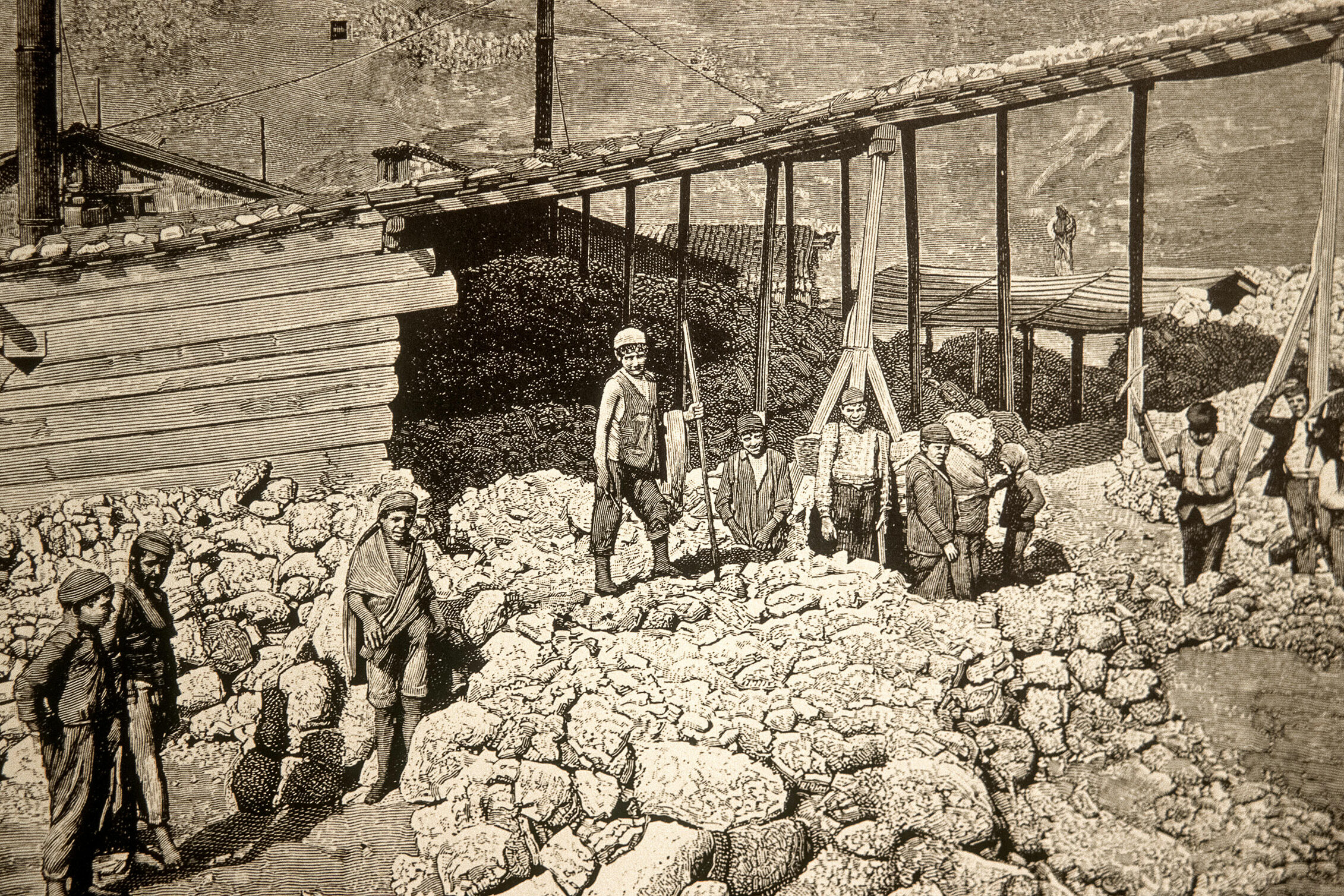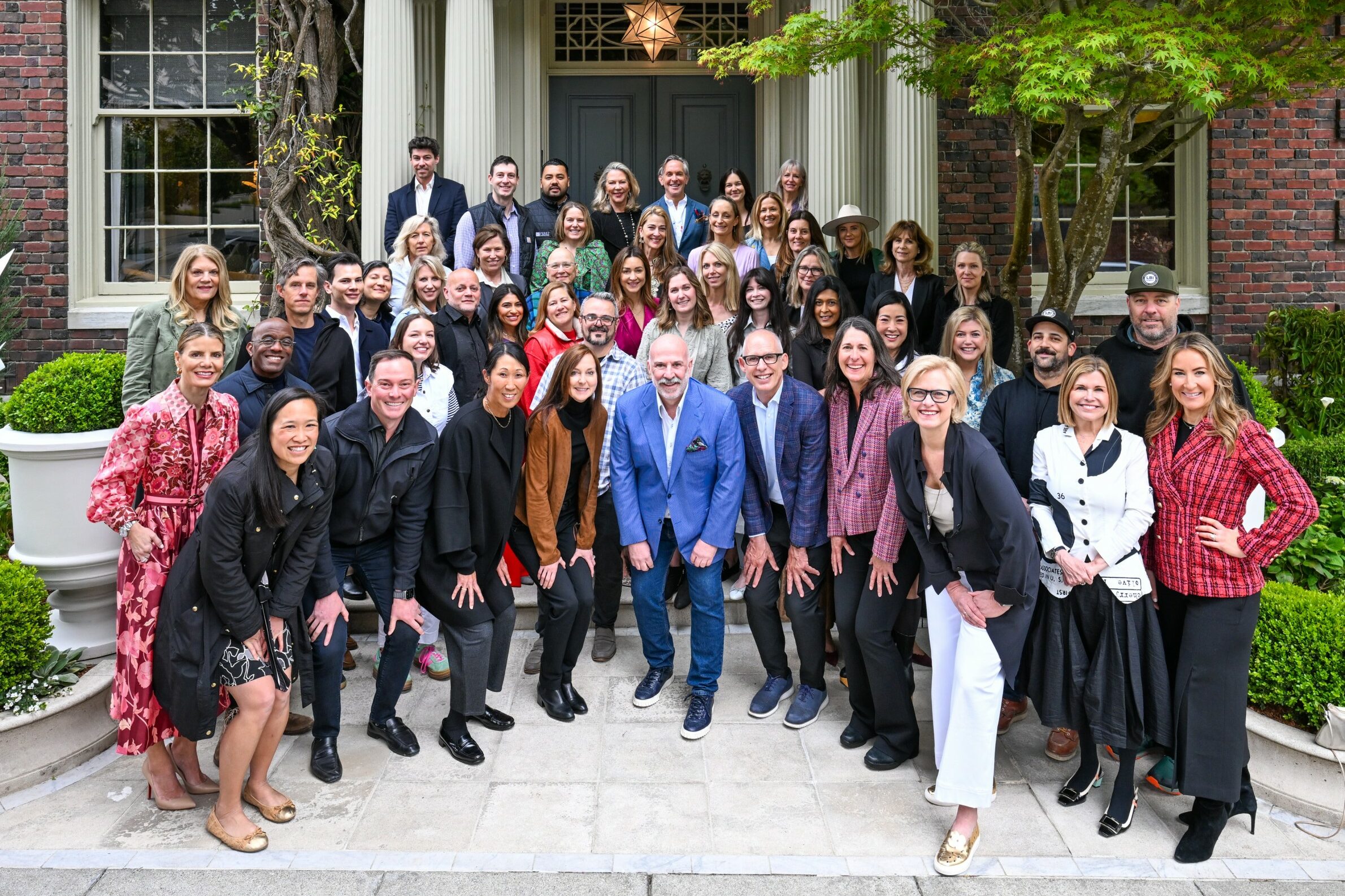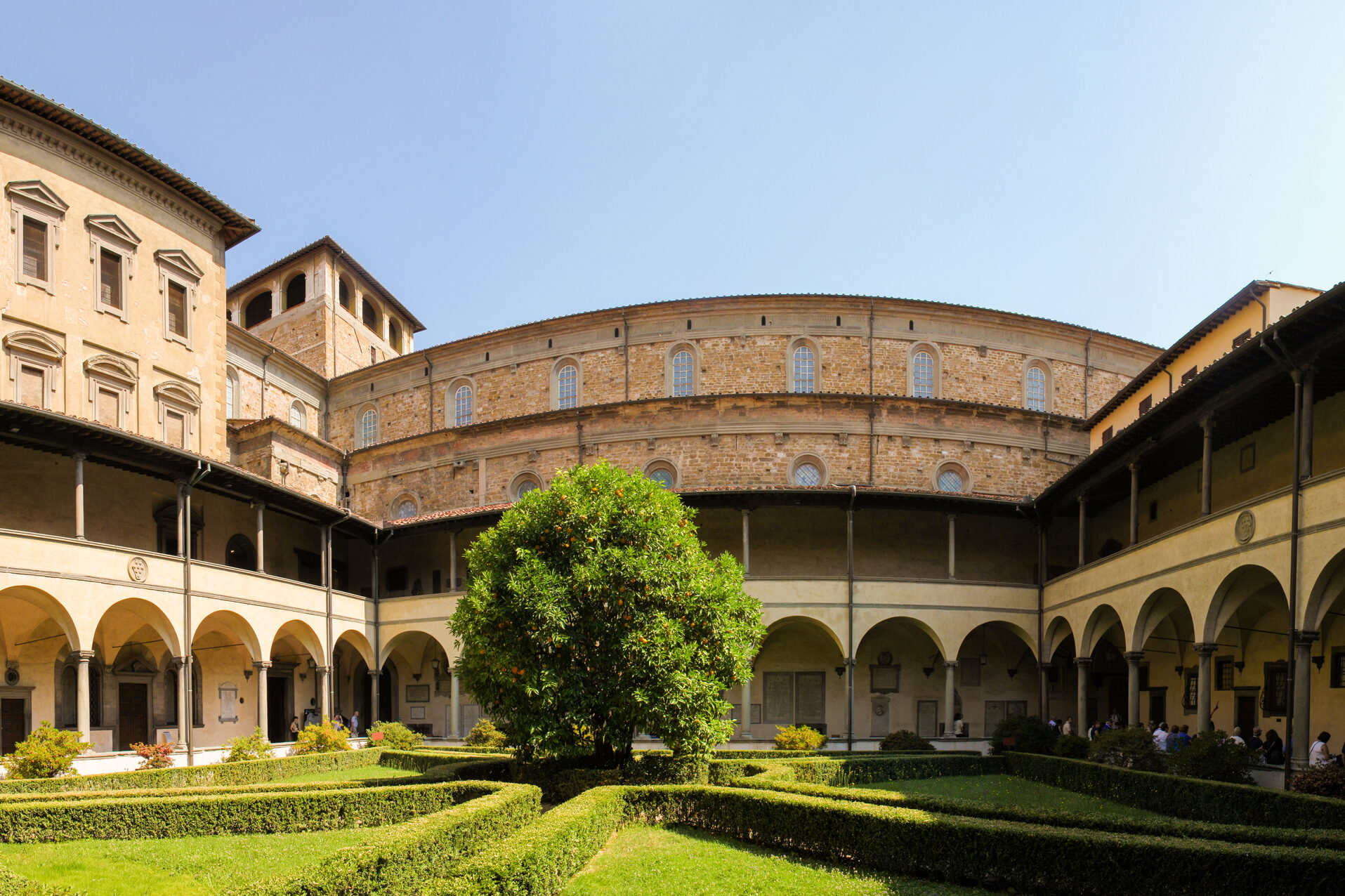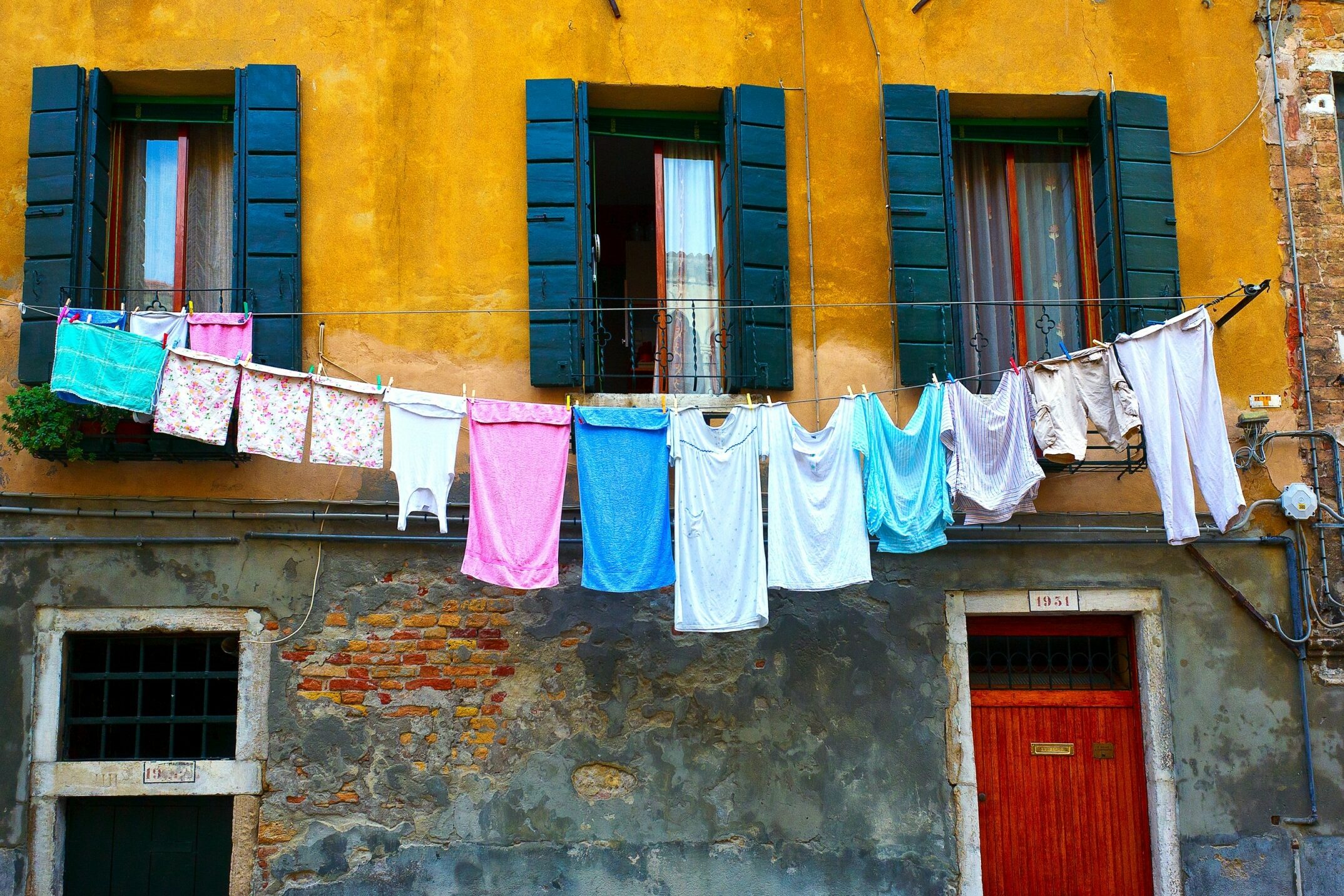For our readers, who are not yet familiar with the Italian-American, very talented, young filmmaker, Justin Ambrosino, it is enough to say that his thesis short film, The 8th Samurai, won more than 20 jury awards worldwide and qualified for the Academy Awards, in 2010.
In occasion of the pre-production stage of his upcoming first feature film, Hungry For Love, about two down-and-out New Yorkers who meet for the first time and embark on a five borough dining adventure together, I’ve had the privilege to interview Justin about his passions and tastes, both on the table and on the screen.
Tell us about your studies at AFI. How did you adjust to life in L.A.?
My learning curve at AFI was huge. I went there making docu-dramas about urban city life in New York and graduated making an all-Japanese language period comedy! I let myself open for change, willing to take in as much as I could. I was learning filmmaking from masters, like Robert F. Boyle (Hitchcock’s production designer), Donn Cambern (Easy Rider’s editor) and Frank Pierson (Dog Day Afternoon’s screenwriter), amongst many more Hollywood legends!
Even Al Pacino came for a Master’s Class. He and I talked briefly about a film, we both admired: Ermanno Olmi’s, The Tree of Wooden Clogs. L.A. is an amazing city. With the hills, the ocean, the beach and the winding roads along the coast, L.A. has a lot of beautiful nature to offer.
Considering all that, adjusting to life in L.A. was not that difficult at all. And when you are homesick, there are plenty of Italian markets and restaurants to get the products you need. Whether it be espresso beans, homemade pastas, or San Marzano tomatoes you can find it there.
Do you feel that your Italian roots, from your father’s side, are in conflict with your American cultural heritage, from your mom’s?
My father is from Torre del Greco and my mother was born in New Jersey, but actually she has Italian roots, too. One side of her family is from the Marche region, the other is Scottish and Irish. I still have relatives, on her side, and I often go to visit them in the Marches. As a consequence, there is not much of a conflict.
However, when it comes to food preferences they can be different. Having grown up in New Jersey, my mother worked in a luncheonette, developing a taste for American dishes, such as pancakes or eggs and bacon, for breakfast. Meanwhile my father prefers some toast and coffee, in the morning. As for me, I’ve experienced both sides, but I definitely prefer to have breakfast in the Italian way (espresso and pastries).
Another difference is that, growing up in my father’s restaurant, I quickly developed a love for wines, learning to appreciate unique varieties, as Fiano d’Avellino or Falanghina. On my mother’s side, they might not know much about all regional wines in Italy. I really love to accompany my meals with wine. That generates conflict, since I’m the only one drinking it, while the others might prefer soda.
Tell us more about your father’s restaurant. In Hungry For Love, are we going to “taste” different types of food, or just Italian?
Although my father is an immigrant, he became familiar with the American business, when, in 1978, he opened up his restaurant together with his cousin, who had been a chef all over Italy, before moving to the U.S. They didn’t focus specifically on Italian regional cuisine, choosing a wider approach, with national specialties. The activity went on for 35 years, until, a couple of years ago, my father sold his share of the restaurant. Through all that, I have been developing an appreciation for fine cuisine. Every so often, my “uncle” (as we call my father’s cousin) prepared special dishes, opening my “taste buds” to unique flavors. As for my film, I want to show various sides of New York, since the city is like a microcosm of the world. There is no need to focus on one dish or one country’s cuisine. This should be a trip around the globe, in one city. We will “taste” Korean barbecue, Greek grilled fish, Moroccan couscous, Caribbean roti. All these are not only specialties from each country, but also from each neighborhood. For instance, Flatbush, in Brooklyn, has a large Caribbean community.
In The 8th Samurai, fate is a key factor in the protagonist’s debacle, in Hungry For Love, chance, that makes the encounter between the two protagonists happen, is predominant. Do you agree?
The 8th Samurai is about a man who has to face his fate. We all can’t be the great one. Therefore, how do you accept that? Sometimes, you can’t fight destiny and you have to learn to live with it, or better inside it. Whereas, Hungry For Love deals with chance. Upon the premise that in our lives we encounter myriad people per day, it explores what would it be like if we meet somebody, decide to spend all day with him and get to know him. This film is really focused on the protagonists’ chance encounter and what becomes of it. Eventually, their whole lives change.
Are there directors, or screenwriters, that have particularly inspired/influenced you?
I will always talk about Pasolini. I really love his work and the world that he works within. In his films, he takes ordinary people and everyday life and makes those epic. I like making the ordinary an extraordinary thing. I wish to give a regular person a big scope, showing them as “Lawrence of Arabia”. That’s how I saw my life, while growing up. I regarded everybody I saw, as heroes or villains. Apart from Pasolini, my idols are: Sergio Citti, Cesare Zavattini and Suso Cecchi D’Amico. I like that era of cinema, the 50s and 60s. Outside Italy too, Billy Wilder and Frank Capra told stories about common people in a very cinematic way.



